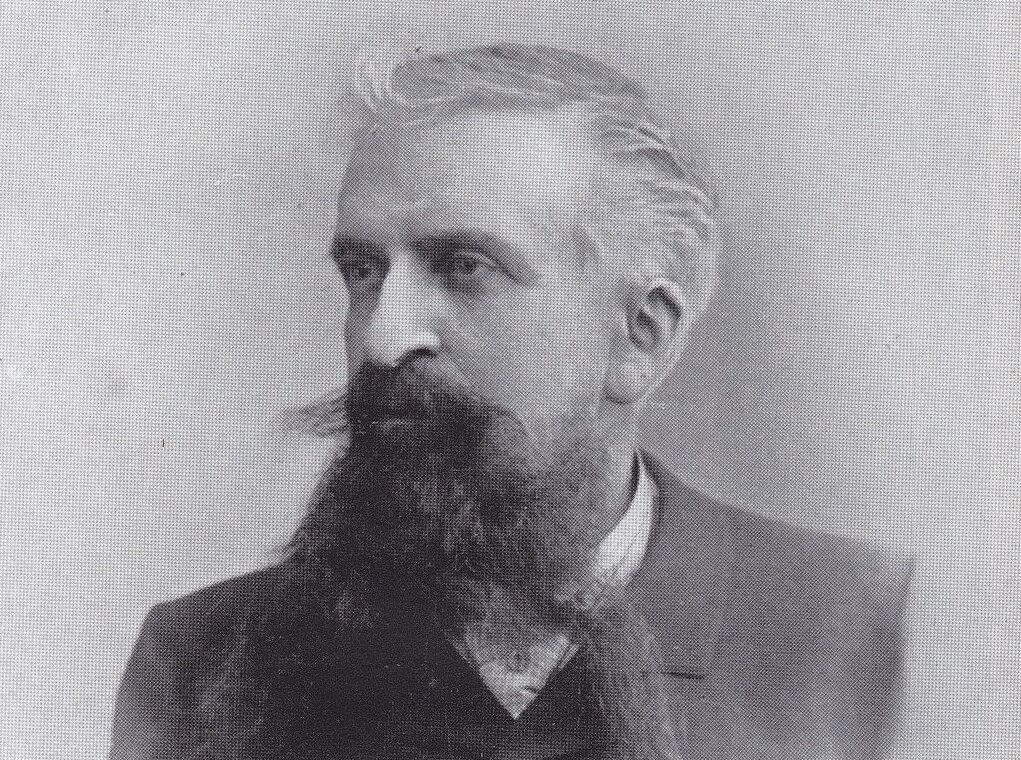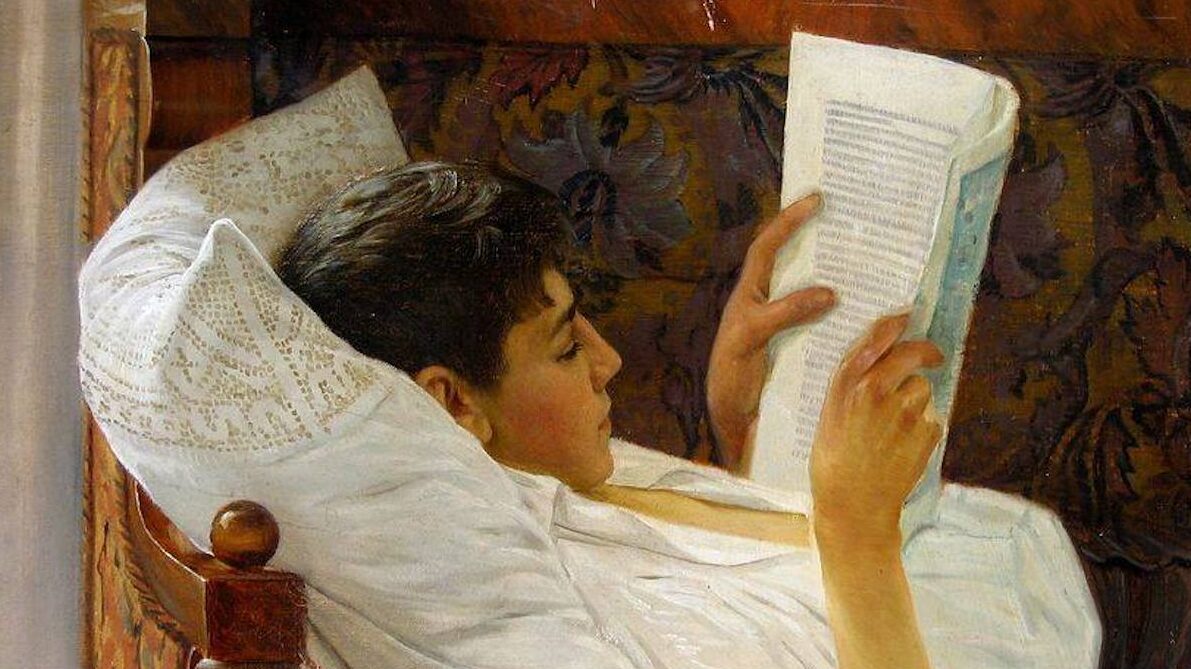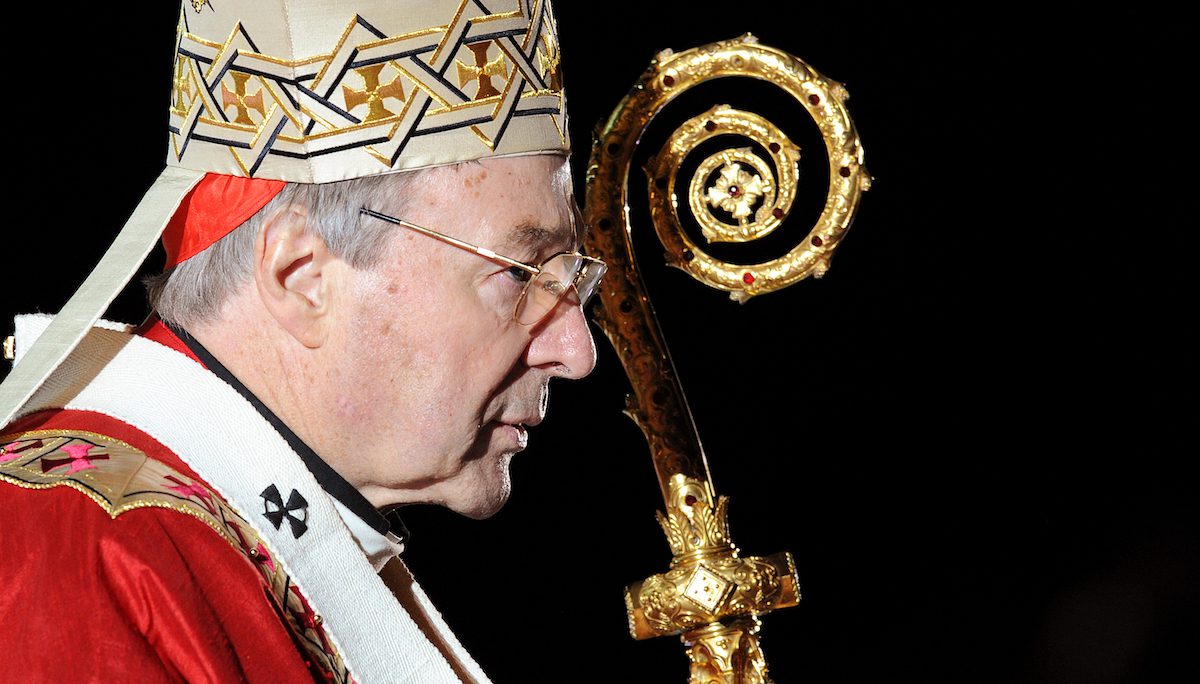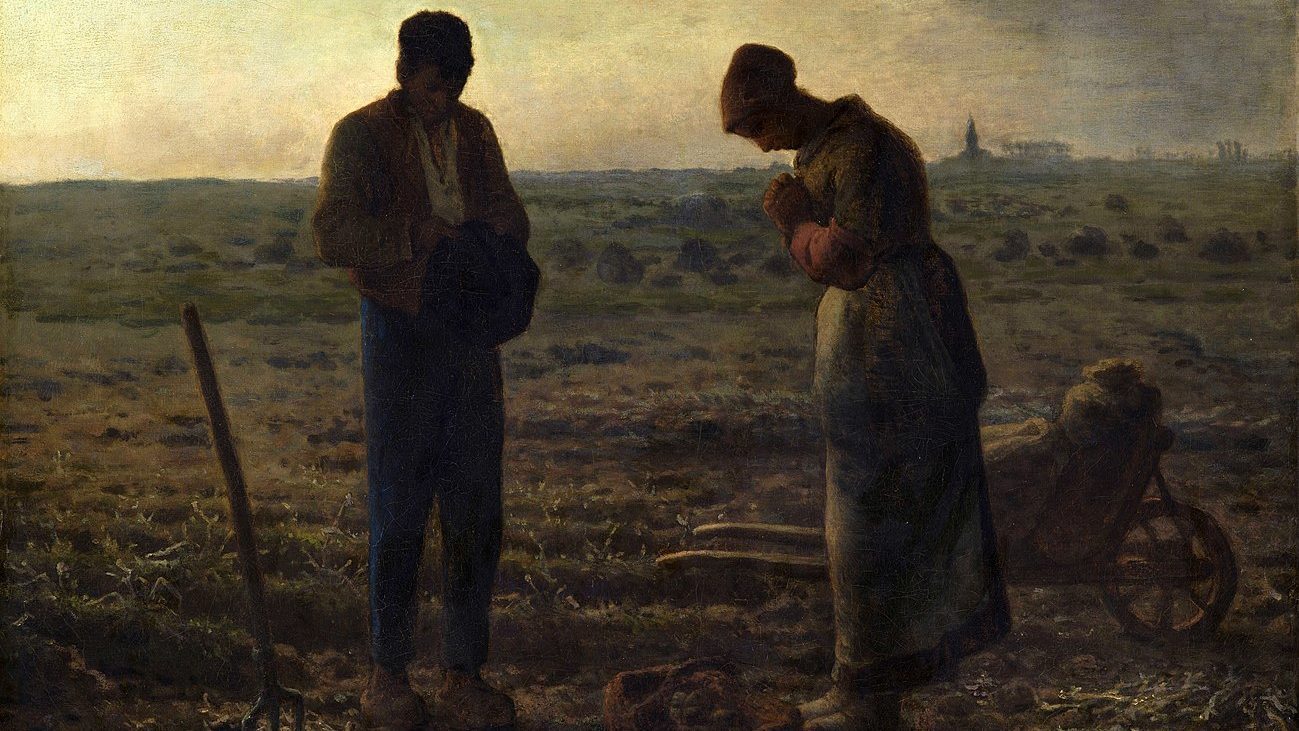
The West Is Not Necessarily ‘Democratic’—In Fact, It Never Was
Historical facts are often presented in a way that suits the prevailing narrative of the struggle of the free and Western liberal-democracies against autocracies.

Historical facts are often presented in a way that suits the prevailing narrative of the struggle of the free and Western liberal-democracies against autocracies.

In The Crowd, Le Bon warns that when ideals are erased, cohesion is lost, individual characters weaken and develop excessive egoism, and, as their capacity for self-sufficiency diminishes, they become increasingly reliant on the government to direct them.

“What I mean by ‘cyborg theocracy’ is the moral and political order which emerges from the belief that we are most emancipated when our condition of freedom is underwritten by technology.”

Cities that allow the most destructive of human behavior to take over the public space are cities where civilized life as we know it is being marginalized and forced to give way to social fragmentation. Dignity yields to savagery.

It is as if, in the boomer-con’s mind, liberalism is a ‘nice principle’ that ought to temper the ‘nasty but necessary principle’ of conservatism. Young-cons, however, don’t identify liberalism with niceness at all.

Bauerlein demonstrates in clear, elegant prose that a common frame of reference no longer exists, and the result for Millennials and Gen Z has been a disaster.

In what turned out to be his last public homily, delivered three days before he died, Cardinal Pell referred to the “heritage of Wojtyla and Ratzinger.” In addition to being courageous teachers of the Catholic faith, they were, Pell said, also “Europeans, examples of men with profound knowledge of the high culture of the Western world.”

Any discussion of Christianity as part of a conservative resistance to revolutionary changes needs to make a sober assessment of the religious situation in Europe—without wincing at uncomfortable truths.

The letter’s vision of universality tries to argue for the nation as an important element of a universal moral and ethical vision, but by skipping over the nation entirely when it describes the common good rising from families to the international realm, it reveals its bias against it.

Many European Conservative writers and thinkers have declared that Europe must regain her Catholic and Christian soul; ultimately, if our country is to survive she must acquire a soul from that same source.